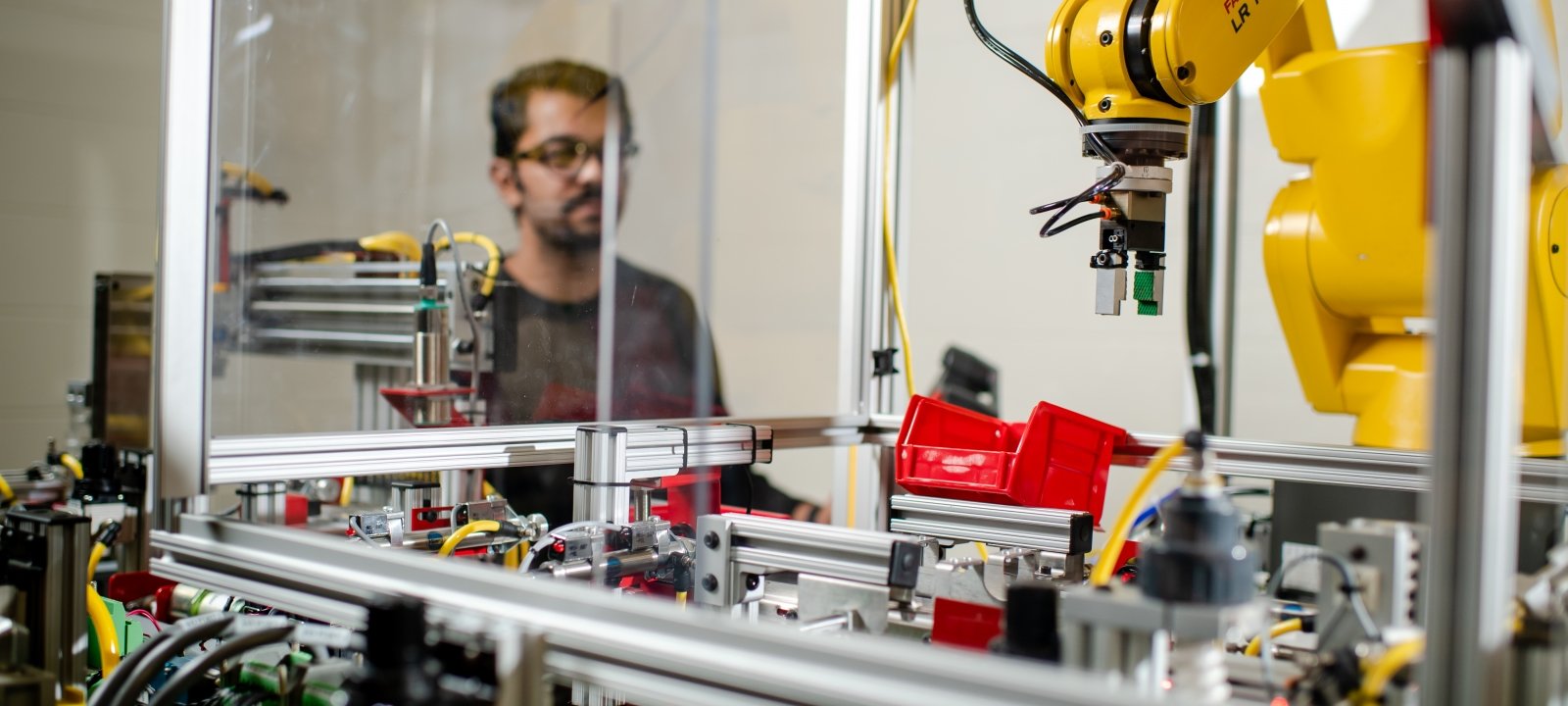Ready to learn more, earn more, and take the next step in your career? Michigan Tech, which is accredited,offers several online graduate degree programs and certificates. Our online students receive the same rigorous education and the same degree as our on-campus students.
Customized and Accredited Online Learning
Pursue your specific area of interest in the Graduate School at Michigan Tech. What classes interested you as an undergraduate? What fields and special skills will get you noticed in the job market? Do you want your study to be more theoretical or practical? Customize your online degree here.
